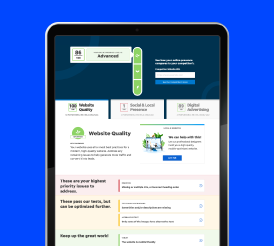Today's Guide to the Marketing Jungle from Social Media Examiner... | Presented by | 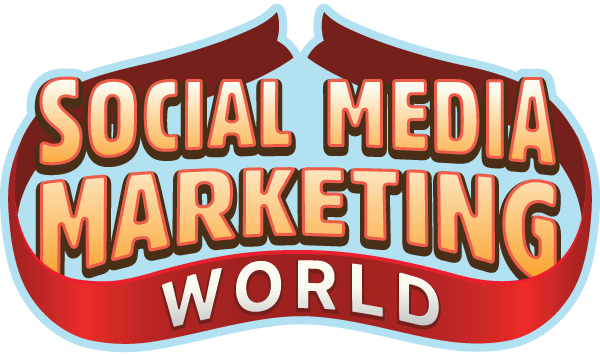 |
It's International 🦥 Sloth Day, Alluser! It'll take a while, but they'll grow on you…
In today's edition:
-
Today's 👉 Tip of the Day is for automation
-
This 🧠 🧪 formula improves 🛒 purchases
-
YouTube drops new 🛒 shopping features
-
TikTok is coming to 🎥 cinema screens and other out-of-phone surfaces
-
🧵 Threads and Broadcast Channels are coming to Facebook
-
Snapchat launches Creator 🤝 Collab Campaigns and web embeds
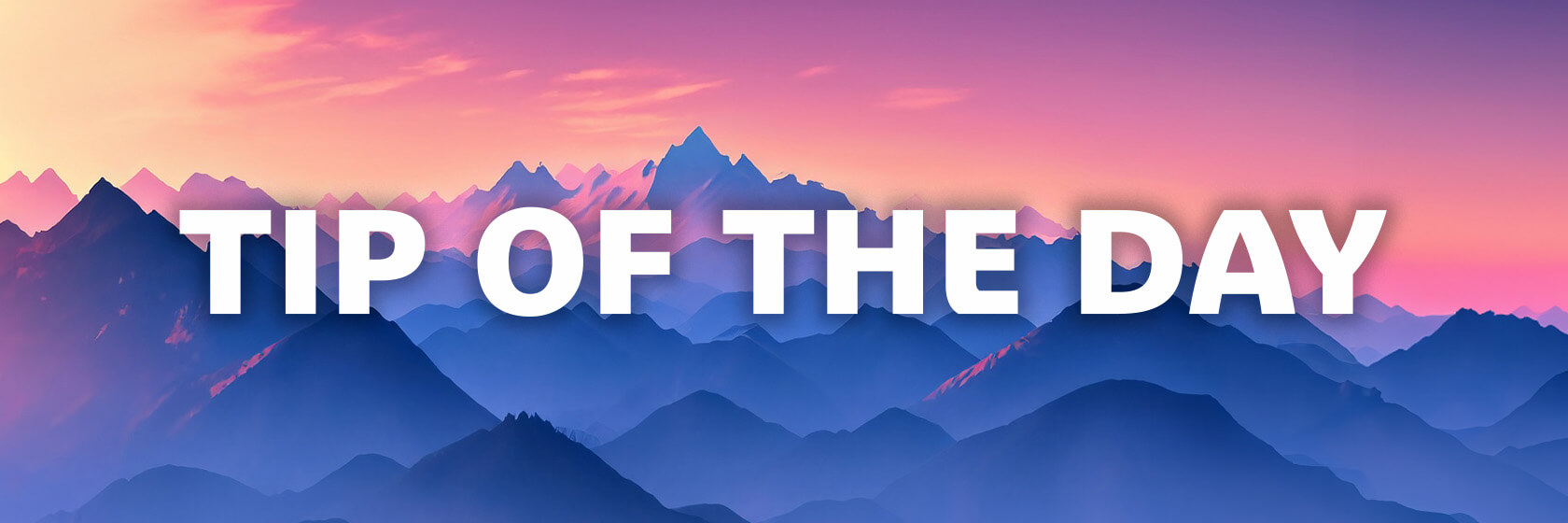
You're getting busier and you're all about embracing systems to streamline your work. There's something you should know before you start…
When you lack established processes, automating feels like a quick path to efficiency. But technology solutions only amplify existing workflows—they cannot fix broken or inconsistent systems.
Do the Work, Then Automate
Before implementing any automation software, document your ideal processes. Identify any gaps or bottlenecks to smooth out and refine your workflows until they are repeatable and seamless. With proven systems in place, you can then automate pieces like your onboarding questionnaires to streamline operations. The right process automation makes team members' time more impactful. But automating a dysfunctional status quo will only create larger headaches.
Today's tip was inspired by Karlyn Ankrom.
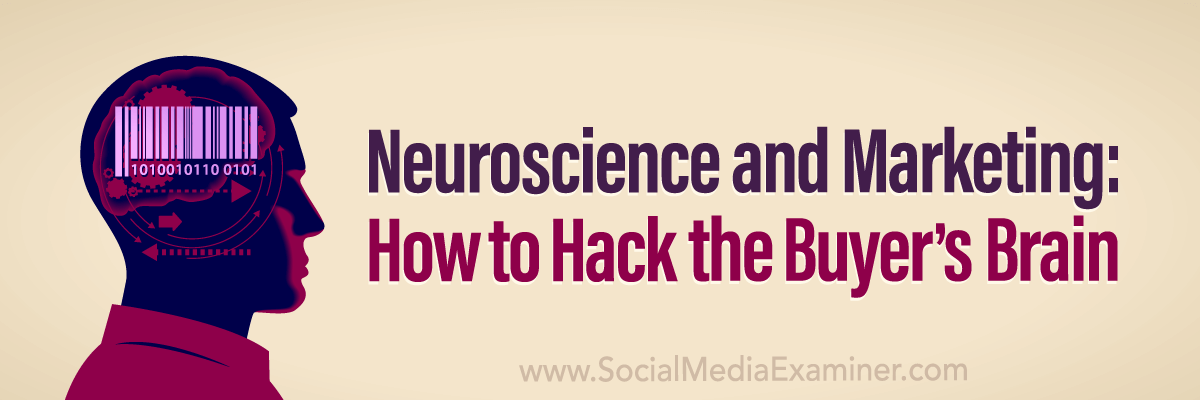
As marketers, we often get caught up in trends and make decisions based on what "sounds cool" rather than what will truly resonate with our audience.
What if understanding the neuroscience behind how people make purchasing choices could help you create more effective campaigns that drive results?
What We Know About the Brain's Decision-Making Process
Neuroscientist Brian Knutson conducted an influential study where participants had their brains scanned using MRI machines as they decided whether or not to purchase products. The results revealed two key insights:
First, pain centers activate when you are viewing prices. Contrary to expectations, pricing information did not spark increased activity in the logical, math-focused prefrontal cortex. Instead, the brain's pain centers lit up—the same regions activated by physical injury or social loss. This indicates that on a primal level, the brain views parting with money as dangerous to our survival chances.
Second, purchasing intent can be predicted by neural activity. Based on the relative activation of reward versus pain centers, researchers could predict whether participants would ultimately choose to purchase each product. This led to the development of a "purchase formula":
Purchase Likelihood = Reward Activation – Pain Activation
The more excited the reward centers, combined with less pain activity, the more likely the purchase.
Focus Your Marketing Efforts on Driving Reward Response
These findings indicate that traditional marketing approaches emphasizing low prices don't align with how our brains actually function. We cannot eliminate the pain of pricing—it is innate.
Instead, we should focus on boosting the brain's reward response. The strongest reward response arises from "associative recall"—memories and associations tied to our brand in the brain. This means consistent, value-driven marketing that solves our audience's problems is key.
Map Content Strategy to the Buyer's Journey
We make purchasing decisions through a multi-step process. Eugene Schwartz outlined the key stages decades ago, which align with how our brains encode information:
Unaware: Oblivious to the problem we can solve. Highlight relevant pain points.
Problem Aware: Realize they have an issue but don't know how to solve it. Provide educational content on the problem itself.
Solution Aware: Researching the broad category of solutions available. Share general overviews of all options, tailored to the reader.
Product Aware: Comparing specific products or services. Offer side-by-side comparisons and reviews. Some brands avoid mentioning competitors, fearing it will drive audiences away. But an informed audience will recognize you took time to educate them on the buying process. This engenders trust and strengthens relationships with ideal long-term customers.
Most Aware: Ready to purchase and reaching out to sales. Provide pricing and sales information.
By creating content matched to each stage of the journey outlined above, you'll generate the reward response by giving readers the information they desire during decision-making.
Today's advice is provided with insights from Kenda Macdonald.
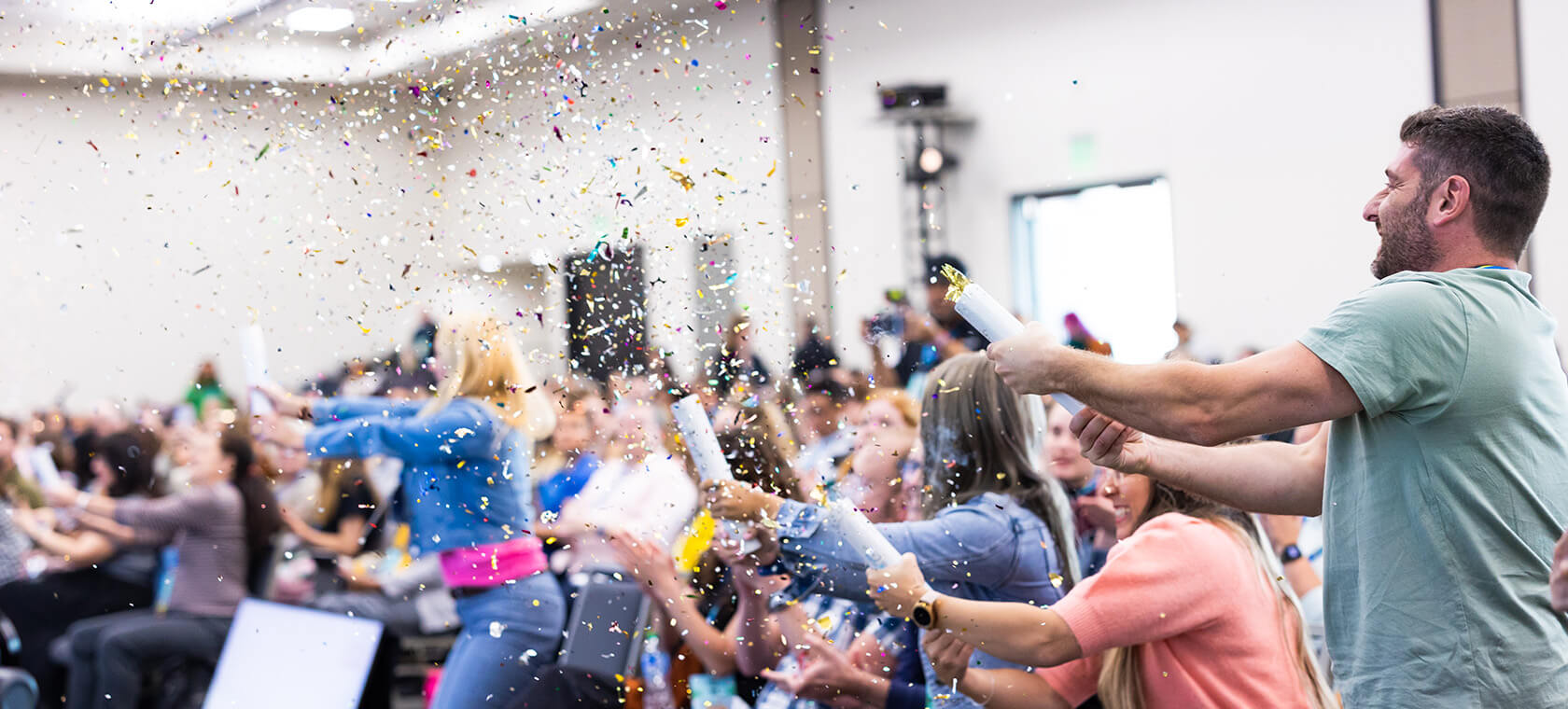 High-Value Marketing Education For You
High-Value Marketing Education For You
If learning current marketing strategies is what you're looking for, then this is the event for you. Unlike other conferences, Social Media Marketing World is a high-value, three-day marketing educational experience designed by marketers for marketers. Now is the time to invest in your education and further your career with our top experts.
"I have been to conferences where I only heard things I already knew. I learned so many new concepts at Social Media Marketing World," said Martha Cromar.
Lock in your ticket now!
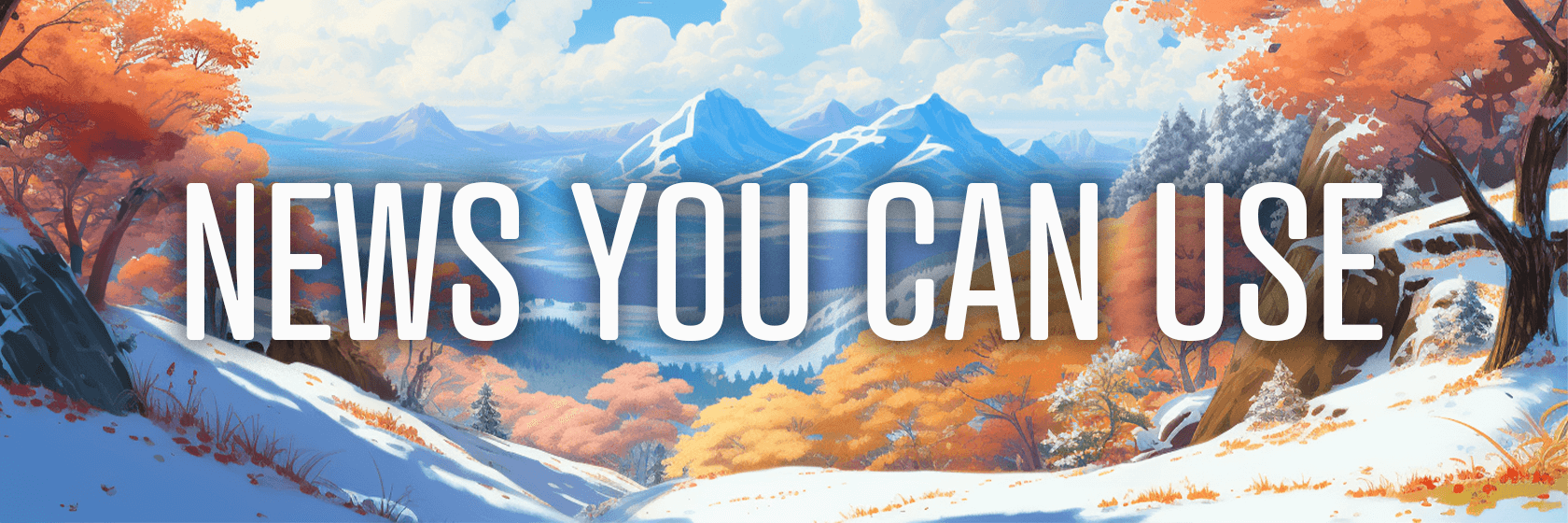
🗞 New YouTube Shopping Features: YouTube released a feature related to shopping and product tagging for creators. Creators will now be able to add timestamp tags to showcase products at specific moments in their videos. Affiliate creators will also soon be able to see top-performing products based on sales in their YouTube analytics. Another new feature allows creators to tag products to multiple videos at once based on link detection. Source: YouTube
🗞 TikTok Out of Phone: TikTok has announced a new offering called Out of Phone that brings TikTok content beyond mobile phones and onto physical screens like billboards, cinema screens, and screens in venues such as bars, restaurants, airports, and retail stores. The Out of Phone: Billboard feature amplifies existing TikTok campaigns by putting them on billboards worldwide. Out of Phone: Cinema shows TikTok content on cinema screens before movies, allowing brands to advertise alongside top TikTok content. TikTok is partnering with various out-of-home media companies globally to bring tailored Out of Phone experiences to their audiences on their screens. The goal is to replicate the TikTok experience beyond the app and bring the joy and engagement of TikTok to new audiences in the physical world. Brands can leverage these out-of-home TikTok experiences as advertising opportunities. Source: TikTok
🗞 Threads on Facebook: Meta is showing posts from its messaging app Threads on Facebook in an effort to increase engagement on Threads. In the last day, many Facebook users have reported seeing a new "For You on Threads" carousel within Facebook containing Threads content. This follows a similar move in August when Meta started showing Instagram content on Facebook. It is unclear if showing Threads posts on Facebook has improved engagement on Threads so far. In the last month, Threads has introduced new features like free editing and easy account switching. Meta also plans to launch separate account deletion for Threads by December, since currently users can only deactivate their Threads account. Overall, Meta aims to ramp up the usage of Threads by exposing Threads content to Facebook users. Source: TechCrunch
🗞 Snapchat Web Embeds: Users can now embed public Lenses, Spotlight videos, Public Stories, and Public Profiles in an article or website. Once embedded, the content will link out seamlessly to the Snapchat website and app, "where you can learn more, try a Lens yourself, or find similar experiences." Source: Snapchat
🗞 Snapchat Creator Collab Campaigns: Snapchat introduced new features to help advertisers partner with influencers on the platform. The Creator Discovery API allows third parties to access Snapchat's creator roster and metrics to match brands with creators. Brands can now place ads within creators' Stories through Creator Midroll Placement. Creators can tag branded content as paid partnerships using the new Paid Partnership tag. Verified creators will also be able to tag official business partners in their content. Brands can then approve and analyze these partnerships in Ads Manager. In the future, Snapchat plans to allow any user to promote their own or others' content. For now, brands can utilize the current tools like the API, Midroll Placement, and Paid Partnership tag to collaborate with creators on branded content and promotions. Overall, these updates aim to facilitate successful partnerships between brands and creators on Snapchat. Source: Snapchat
🗞 Broadcast Channels Coming to Facebook: In the coming weeks, Facebook and Messenger will be launching broadcast channels, which allow people who manage Facebook Pages to engage more deeply with their followers. Page managers can start broadcast channels, and anyone can join these channels to stay current on updates from their favorite Pages and explore topics they care about in greater depth. Broadcast channels will provide a new way for Page managers to connect with their audience and for followers to remain up-to-date on and dive deeper into content from Pages they are interested in. Source: Meta
TOGETHER WITH YOUR BRAND
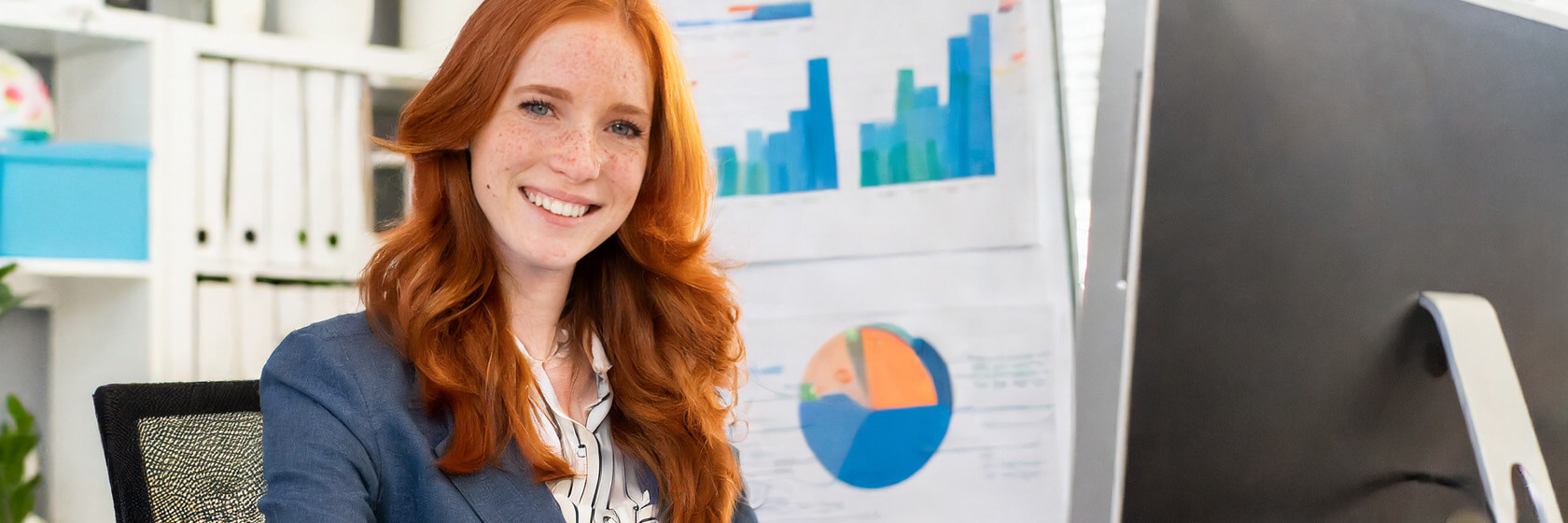
What Makes for a Great Newsletter Ad?
Do you have a useful resource for marketers? For example, a report, guide, or ebook? Is it gated behind an opt-in form so you can collect leads? If so, you might be a perfect candidate for a newsletter ad in this very publication.
If you want more brand exposure OR to bring in qualified leads for your sales team, why not chat with us and see if you're a good fit?
Contact Emily to place your ad here.
Did You Know?
A Slinky is 82 feet long!

Michael Stelzner, Founder and CEO
P.S. Add
michael@socialmediaexaminer.com into your contacts list. Use Gmail?
Go here to add us as a contact.
We publish updates with links for our new posts and content from partners. Your information: Email:
tukangpostoemel@gmail.com Opted in on: 2021-09-06 17:20:47 UTC.













![🔴 [LANGSUNG] AWANI Live 24/7 🔴 🔴 [LANGSUNG] AWANI Live 24/7 🔴](https://korhvo.stripocdn.email/content/guids/videoImgGuid/images/image16381563704857108.png)
.jpg?ext=.jpg)







